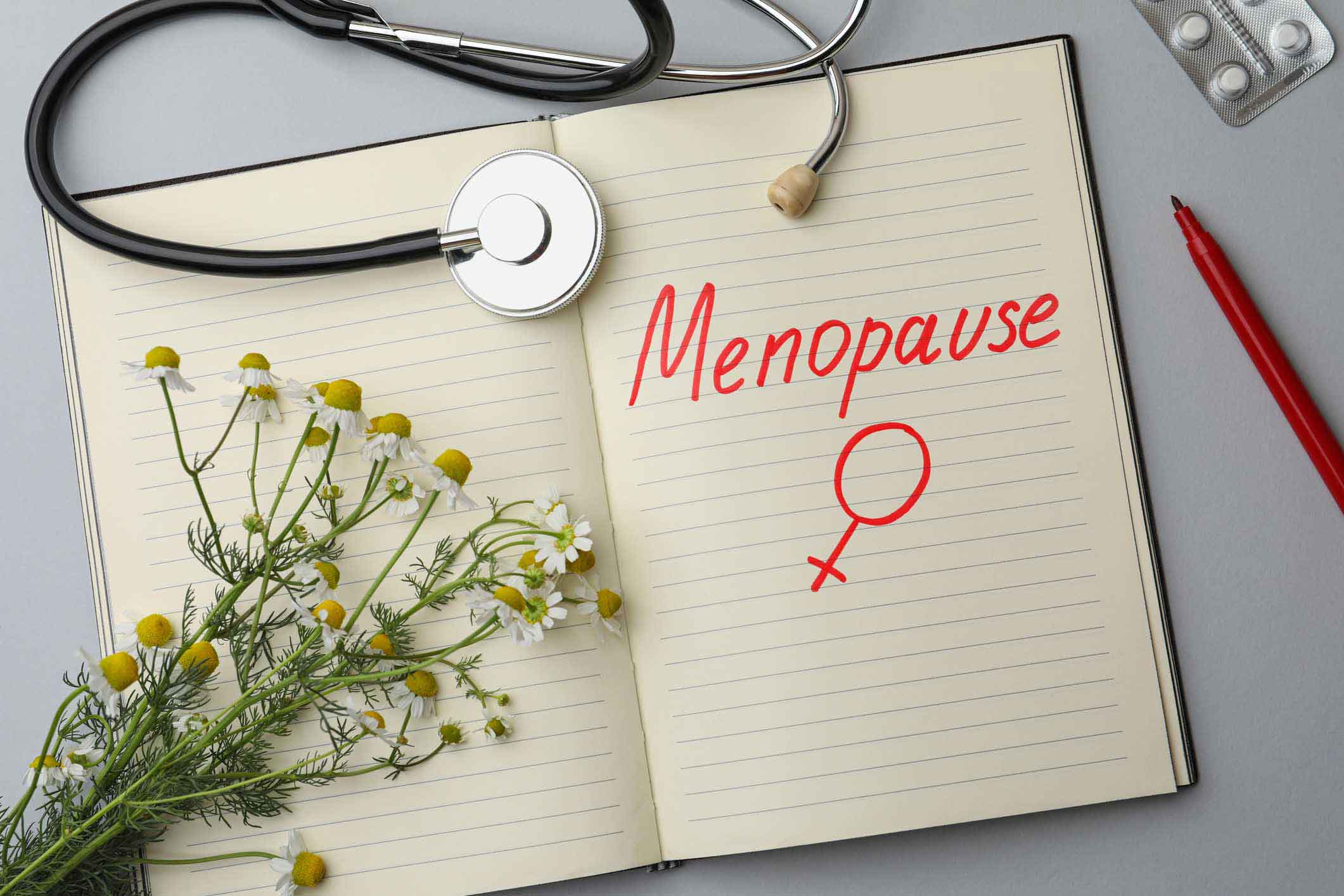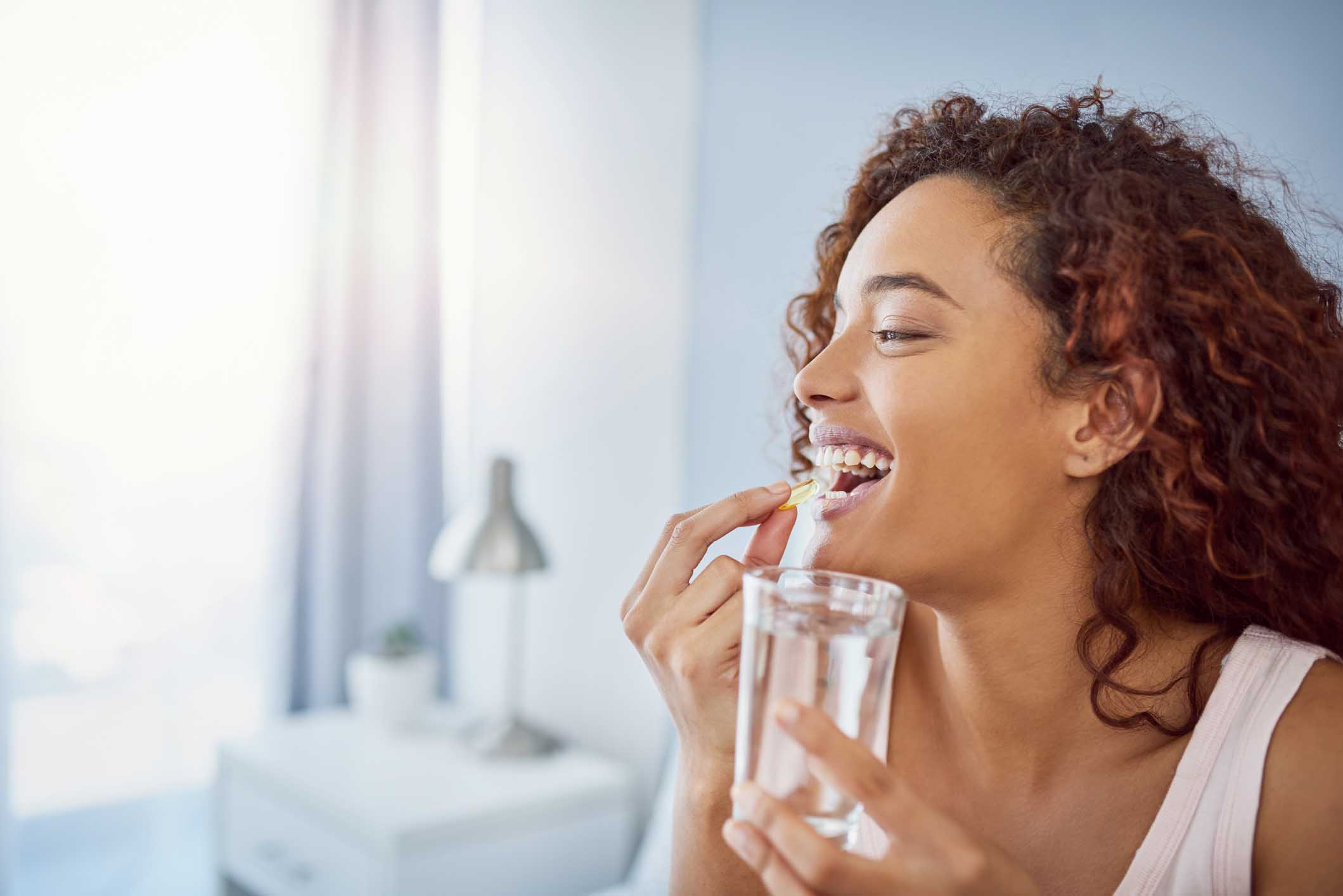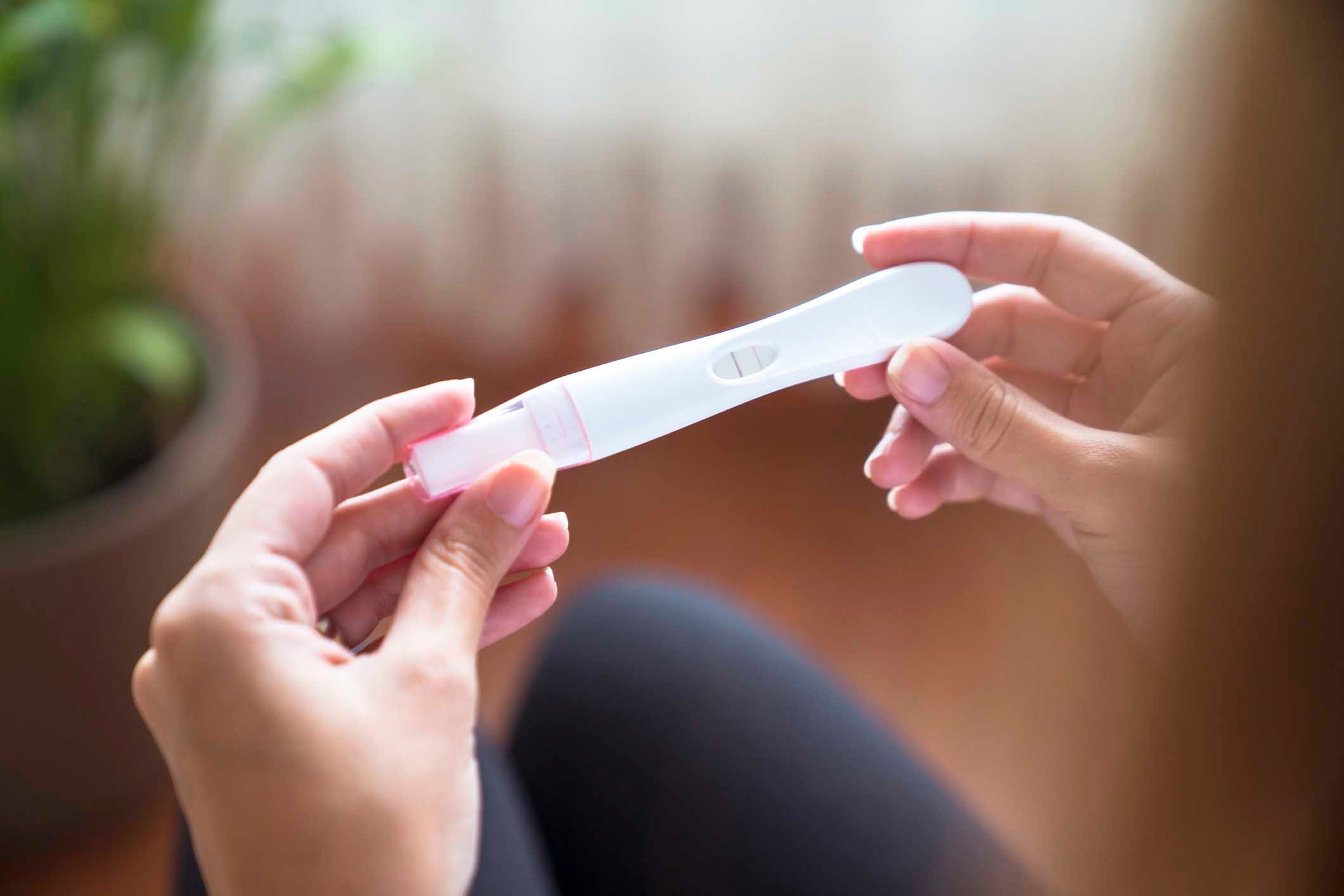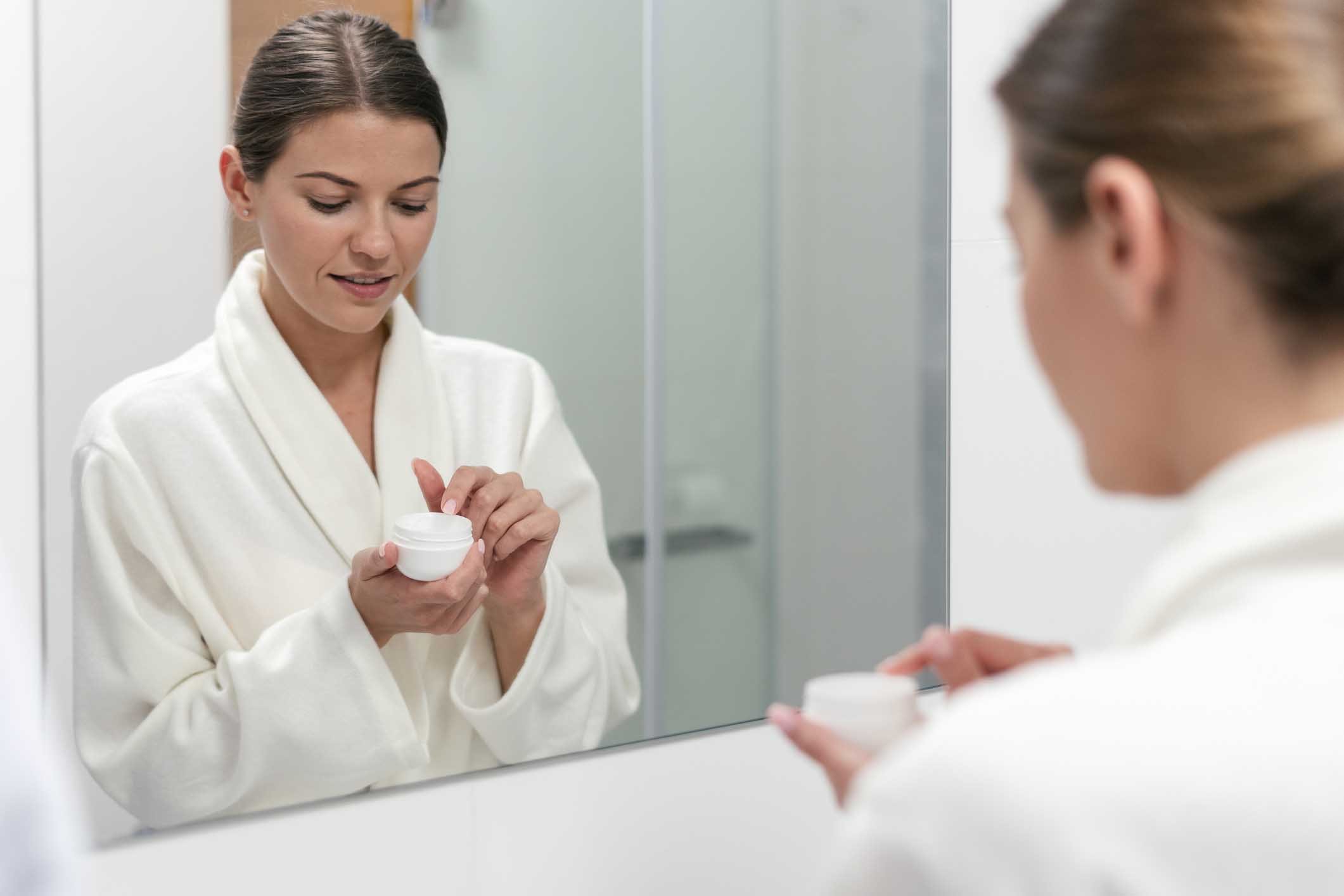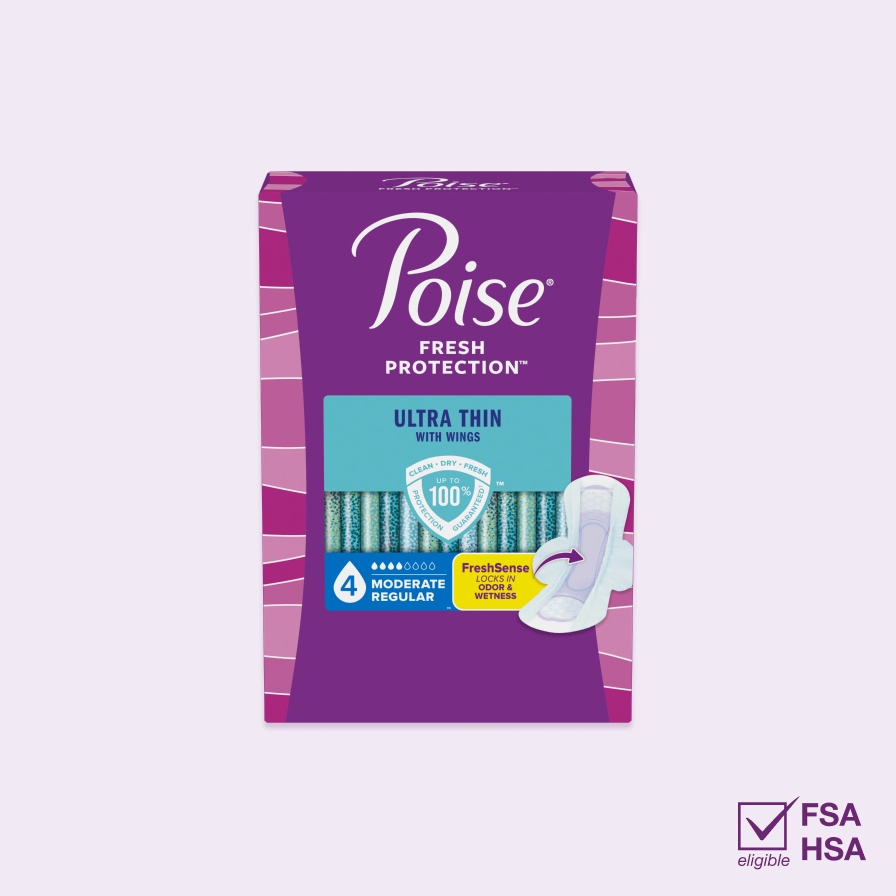Water Retention And Bloating Caused By Menopause
Water Retention And Bloating Caused By Menopause
We've all felt bloated during our periods. The bloating is due to the increase in estrogen. However, if this was the reason for bloating during our periods, how is it possible to have the same bloated feeling during menopause?
Other than checking the most common culprits, such as gluten or lactose intolerance, and high sodium intake did you know that around 70% of our sodium intake does not come from salt, but from innocent foods like bread, soups, and other processed foods? Look at your lifestyle choices, such as eating high fat food, anxiety and stress. Tanya Zuckerbrot, MS, RD, creator of F-Factor Diet, explains that "decreased estrogen levels can also cause bloating because it decreases the amount of bile that is produced by the liver. Bile aids in digestion by emulsifying fats from the foods we eat, and bile acts as a lubricant for the small intestine, which helps overall digestion."
Overall this is what you should check when the zipper doesn't go up:
a) Eat more fiber. When increasing fiber intake, it's important to do it gradually and to drink plenty of water. If you previously followed a diet low in fiber and then significantly increased your fiber intake, you may initially experience some bloating. Once your body adjusts, however, you should experience less bloating, water retention, and abdominal discomfort.
b) Drink more water. Water actually helps decrease water retention, which we know causes bloating. It helps soften high-fiber foods, and creates a softer stool, preventing constipation and irregularity.
c) Foods high in potassium help combat bloat. Sodium causes water retention and bloating, however, potassium counterbalances sodium and has a diuretic effect on your body. So by eating foods high in potassium like oranges, banana, papayas, kiwis, strawberries, spinach, watercress, and cooked beets you can reduce bloating naturally.
d) Foods with probiotics also can help alleviate bloating, such as fermented cultured dairy products like yogurt and kefir.
e) Other foods that aid digestion include: Fennel, dill, cilantro, basil, mint, chervil, parsley, peppermint, ginger sage, rosemary, and thyme.
Recommended Products
Absorbency Level
Absorbency Level


